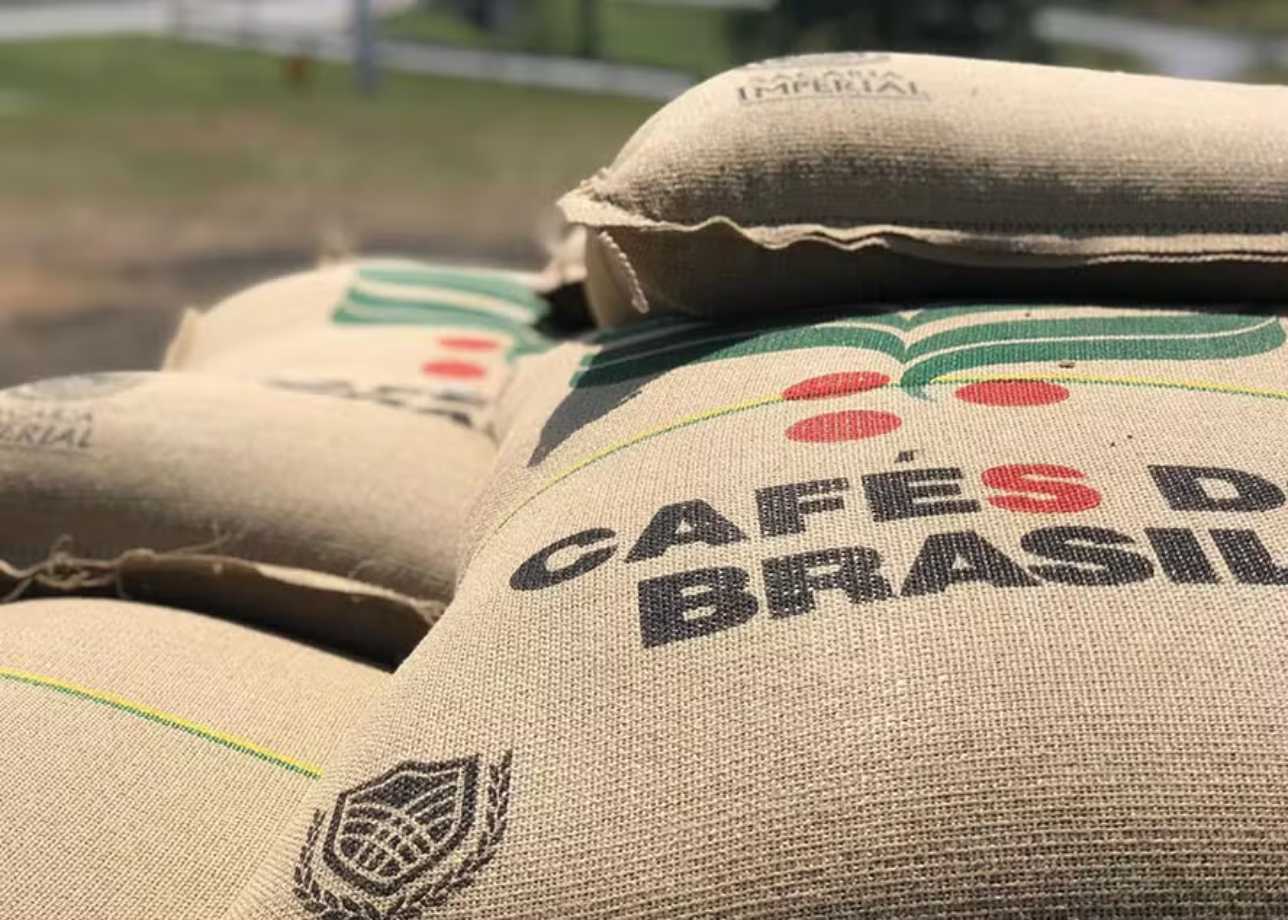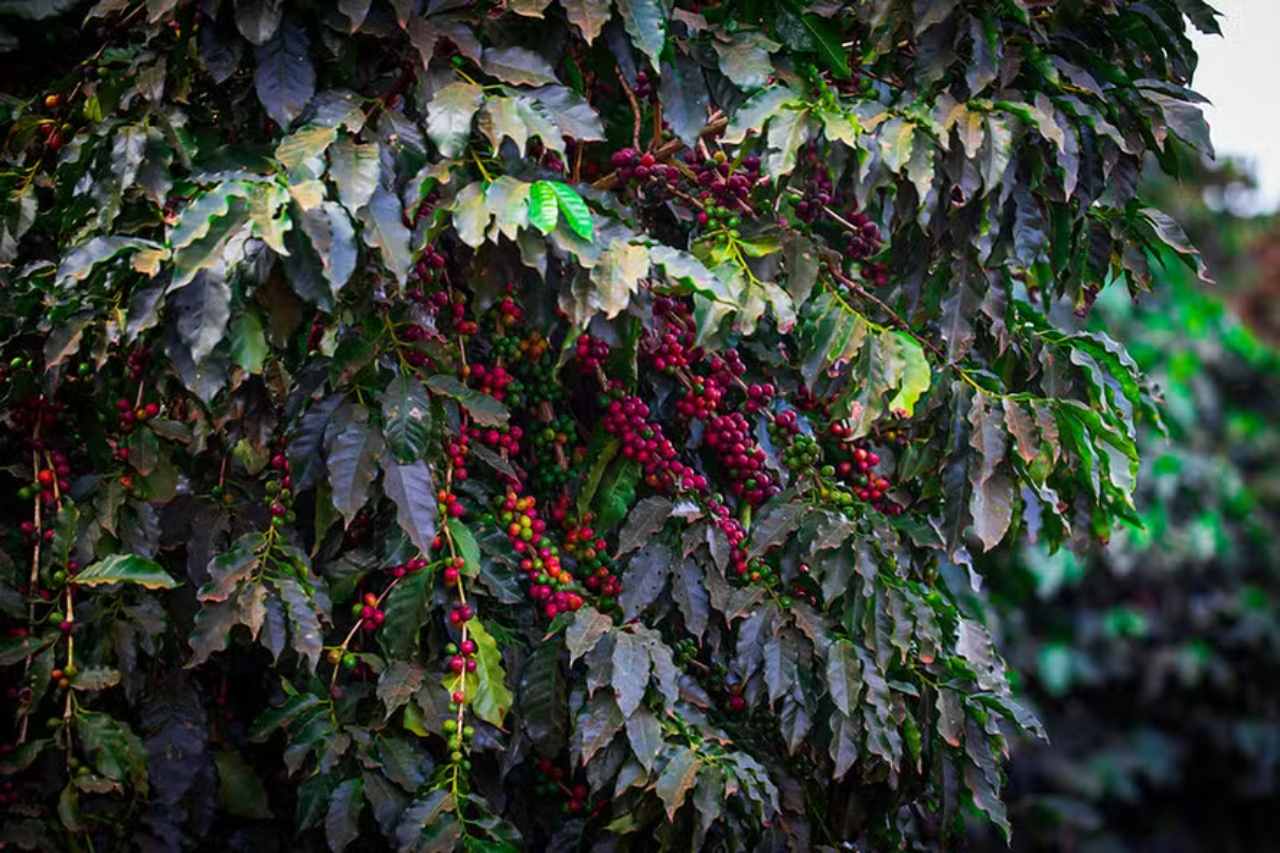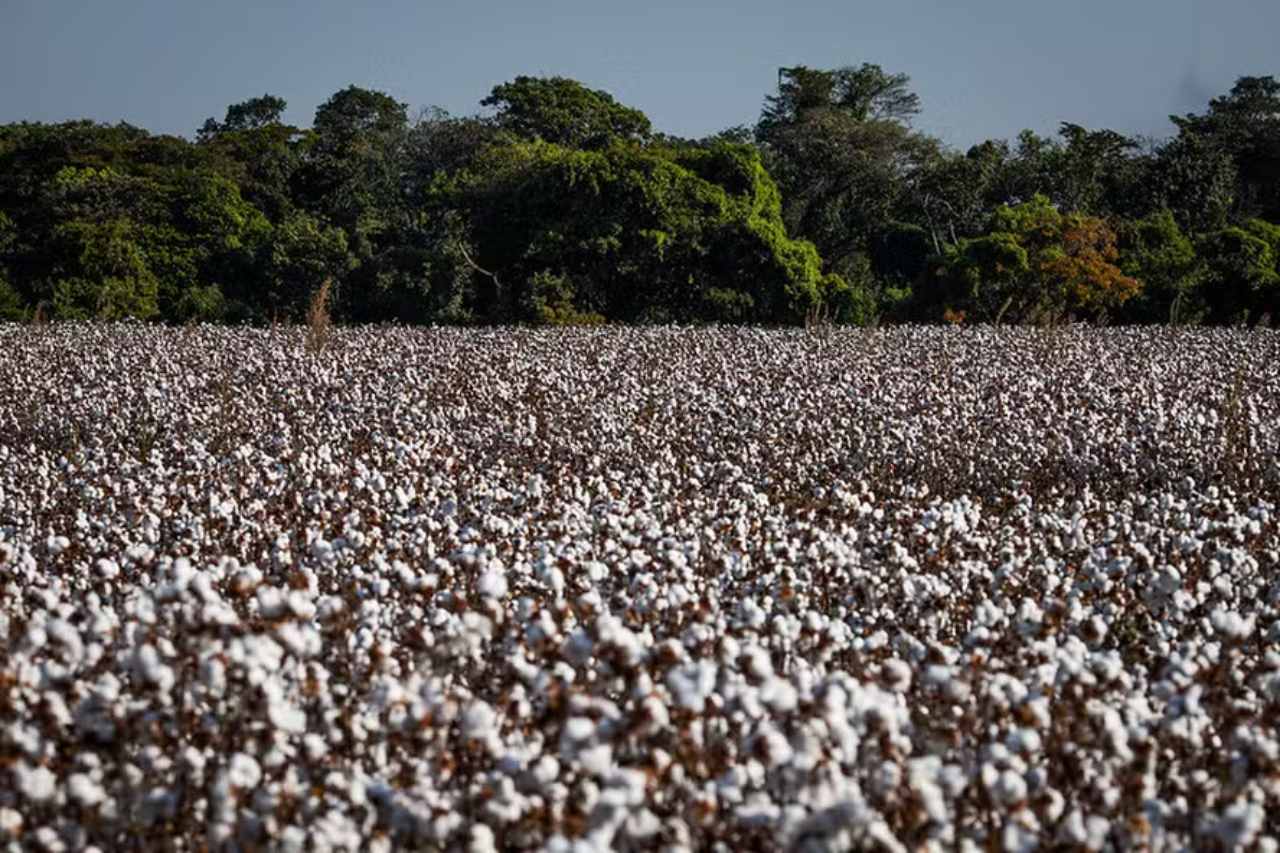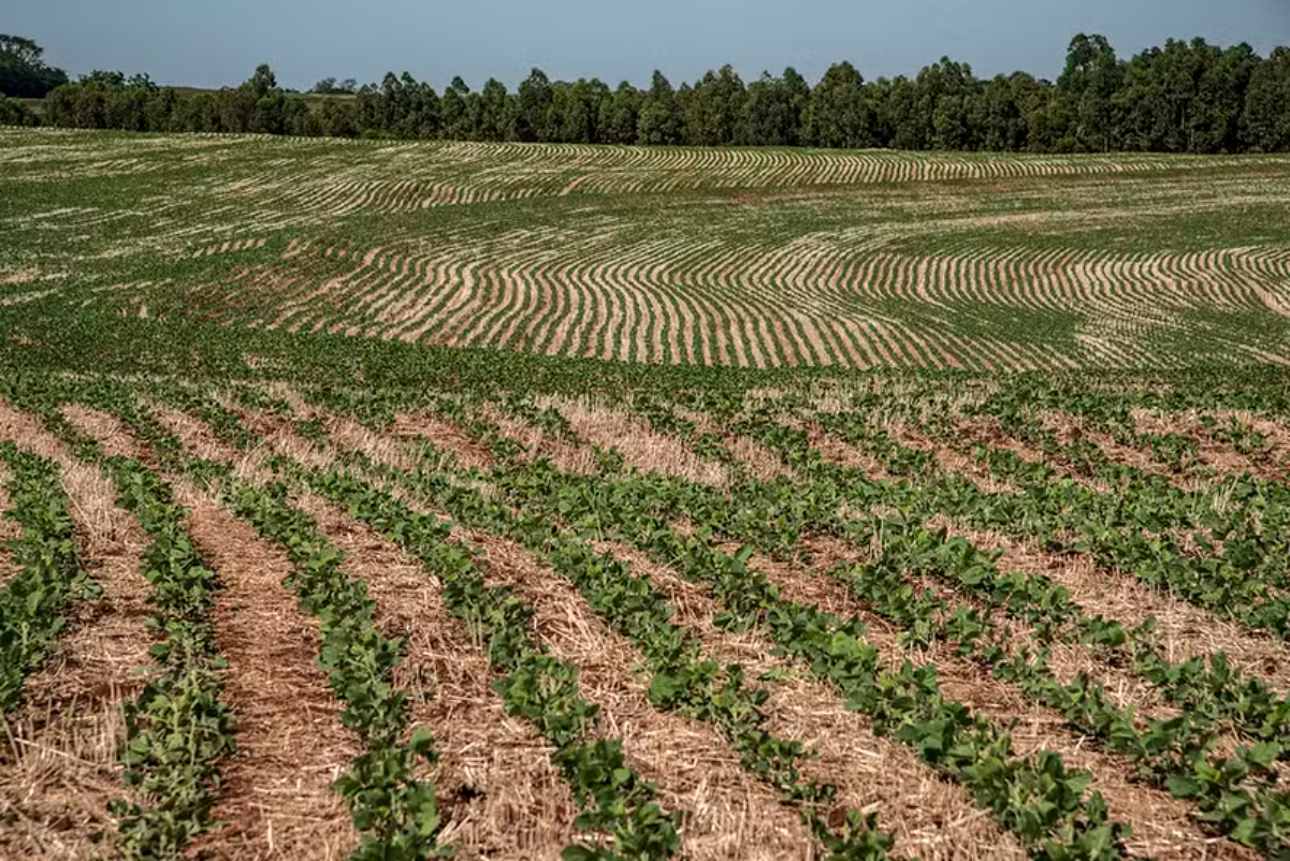Growth of 11.6% Compared to October 2023
Brazilian coffee exports set a new monthly record in October, with shipments reaching 4.92 million 60-kilogram bags, according to a report by the Brazilian Coffee Exporters Council (Cecafé), released on Monday (11/11). This marks an 11.6% increase over October 2023 and a 3.27% rise from the previous record set in November 2020, when Brazil shipped 4.77 million bags.
According to Cecafé, this volume is significant in the historical series, especially considering the logistical issues at ports, which prompted the sector to use “break bulk” shipping to overcome delays and schedule disruptions for vessel departures, as detailed in Cecafé’s monthly bulletin.
“By September, logistical bottlenecks had accumulated 2.1 million bags awaiting shipment in Brazilian ports,” the report noted, acknowledging the continued impact of port delays preventing the shipment of 2.1 million coffee bags as of September this year.
At an average price of $282.80 per exported bag, Brazil’s coffee exports in October generated $1.393 billion—a single-month record. Compared to revenue generated in October 2023, this marks an increase of 62.6%.
“This October result is undoubtedly a positive outcome for Brazil’s coffee export trade, demonstrating the dedication of exporting companies and their logistics teams to ensure shipments, including the use of five break bulk vessels to fulfill commitments to international clients,” commented Cecafé’s president, Márcio Ferreira.
Logistical Issues
Cecafé noted, however, that there is still a significant volume of coffee stalled at ports. “Exporters continue to face challenges consolidating shipments due to high levels of vessel delays and cargo rollovers,” Ferreira warned.
He explained that the demand for containers to export coffee, sugar, and cotton, along with inadequate port infrastructure for containerized goods, has contributed to prolonged vessel delays, leading to congestion at terminal yards.
Ferreira also shared that the council and representatives of the coffee supply chain are advocating for expanded port facilities or new measures to prevent future delays.
Performance
With October’s performance, Brazil reached a total of 17.07 million bags exported in the first four months of the 2024/25 crop year, generating $4.529 billion.
Comparing July to October 2023, volumes increased by 17.9%, with revenue up 58.1%.
Over the first ten months of 2024, Brazil’s coffee exports reached 41.45 million bags—a record volume for this period, representing a 35.1% increase compared to the same ten months last year. Revenue during this period reached $9.87 billion, marking a 53.8% rise.
Coffee Varieties
Of the annual total, Arabica accounted for 30.20 million bags, remaining Brazil’s most exported variety. “This volume, the highest on record for a ten-month period, makes up 72.9% of the total and reflects a 24.3% increase over the same period last year,” Cecafé reported.
Meanwhile, the robusta and conilon varieties saw a substantial growth of 140% over the previous year, with a record 7.89 million bags shipped, representing 19% of total exports.
The soluble coffee segment, with 3.32 million bags, grew by 8.8%.
Destinations
Among key destinations, Germany remained in the lead, importing 6.64 million bags from January to October, representing 23.9% of Brazil’s exports and an increase of 77% compared to 2023.
The United States followed, with a 23.4% share, importing 6.52 million bags, marking an annual growth of 30.9%.
On the other hand, Japan, which had been increasing its purchases, reduced imports to 1.84 million bags—a 1.6% decline due to lower October imports.
In the green coffee segment, Mexico topped the list with 871,760 bags, a 155.3% increase over January to October 2023. Despite being a coffee producer, particularly of conilon, Mexico remains a key importer.
Vietnam, the world’s second-largest coffee producer, followed, increasing its imports of Brazilian green coffee by 432.8% to 607,230 bags in the first ten months of the year.
India also saw notable growth, expanding its purchases by 1,356% to 225,936 bags.
The European Union, awaiting a decision from the European Parliament on postponing anti-deforestation laws by a year, imported 19.93 million bags, an increase of 54.5%.





